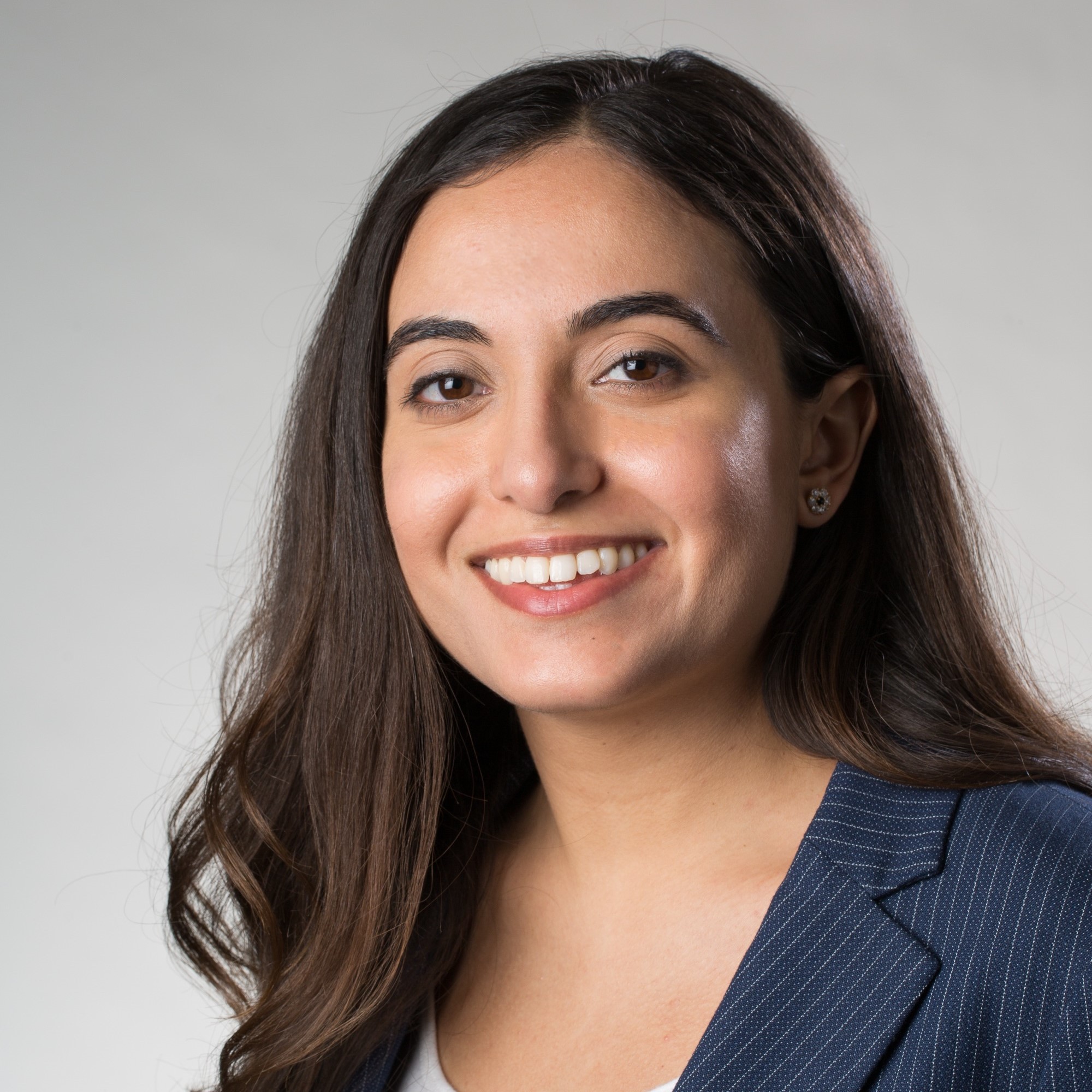
Dr. Diana Mojahed
Postdoctoral Associate
Massachusetts Institute of Technology
There are many ways in which the diagnosis and monitoring of human disease can benefit from rapid, portable, and intelligent optical imaging technology. As an example, breast core-needle biopsies take up to a week to process and deliver results to patients. Our existing ability to provide this diagnosis depends on time-consuming pathology analysis. Optical coherence tomography (OCT) is a non-invasive optical imaging modality that provides depth-resolved, high-resolution images of tissue microstructure in real-time. OCT could provide a rapid evaluation of specimens while patients are still in the office, and has strong potential to improve the efficiency in evaluation of breast pathology specimens (biopsy or surgical). The pursuit of developing imaging technology to address such unmet clinical needs is met with growing demands for reduced healthcare costs and high throughput.
My goal is to continue my career developing fast, portable, and intelligent imaging technology. I envision a future building chip-based, AI-enabled imaging tools to diagnose and monitor disease. Medicine is entering an age of prevention and early-diagnosis, and engineering is rapidly moving towards portability and AI-enabled technology. My passion is to develop cutting-edge technology at the intersection of these fields as we advance towards this exciting future.
In my postdoctoral training at MIT, I am focusing on the development of miniaturized optical instrumentation. Under the mentorship of my postdoctoral advisor Dr. Juejun (JJ) Hu, I am using chip-based discrete Fourier Transform (dFT) spectrometer technology to build the first fully on-chip OCT system. This cutting-edge technology is pivotal for reducing the system's size, maintaining its high resolution, and increasing sensitivity. This innovation aims to dramatically lower the $100-150k price tag of current clinical OCT systems, making it more accessible and affordable.